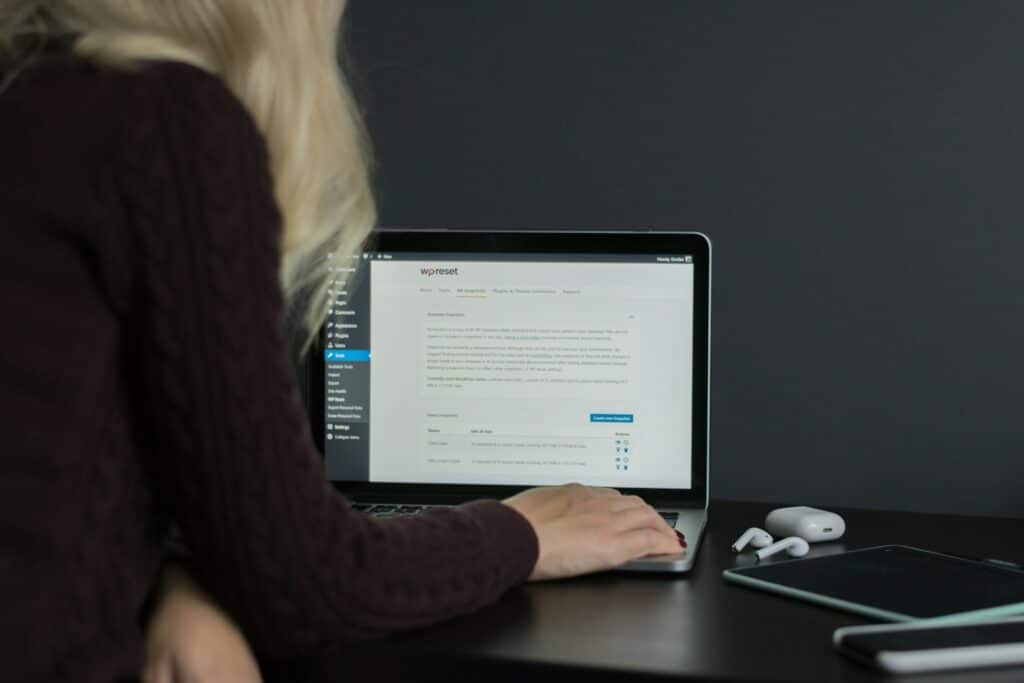In today’s digitally connected world, the security of your WordPress website is of utmost importance. As cyber threats and hacking attempts continue to evolve, it is crucial to vigilantly safeguard your online presence to protect user data, maintain site integrity, and preserve your valuable digital assets. Implementing effective WordPress security measures is not only a priority but a necessity when tackling the ever-growing challenges of maintaining secure, reliable, and trustworthy websites.
In this comprehensive guide, we will delve into the crucial aspects of fortifying your WordPress website’s security. We will explore the importance of understanding typical vulnerabilities and threats and share essential tips and best practices for securing your site. Moreover, we will introduce top WordPress security plugins and tools designed to provide robust, round-the-clock protection for your online presence.
Embark on a journey towards strengthening your WordPress website’s security, harnessing the insights, guidance, and resources provided in this guide. By adopting these security measures and strategies, you can confidently protect your digital presence from potential threats, ensuring users’ safety and upholding your website’s credibility and reputation.
Looking for a complete WordPress Maintenance Plan?
With all ThriveWP care plans, we include free migration, malware removal, daily/hourly backups, plugin theme and core updates, ongoing support and 24/7 security monitoring and firewall.
1. Understanding WordPress Security Vulnerabilities and Threats
To effectively secure your WordPress website, it is essential to recognise common vulnerabilities and potential threats, including:
a. Weak Passwords and Usernames: Simple, easily guessed passwords and administrative usernames can give hackers easy access to your website. Utilise strong, unique passwords and avoid using default usernames.
b. Outdated Core, Themes, and Plugins: Running outdated versions of WordPress, as well as themes and plugins, may expose your site to known vulnerabilities, putting it at risk of hacking attempts.
c. Poorly Designed Plugins: Poorly coded or abandoned plugins can introduce security flaws to your website. Choose reputable, regularly updated plugins from reliable sources.
d. Unsecured Web Hosting: A web hosting provider with inadequate security can expose your site to vulnerabilities. Select a trusted, security-conscious hosting provider with a strong track record.
2. Tips and Best Practices for Securing Your WordPress Website
Protect your website with these essential security best practices:
a. Regularly Update WordPress Core, Themes, and Plugins: Keep your WordPress core, themes, and plugins up-to-date, ensuring that your site benefits from the latest security patches and fixes.
b. Implement Two-Factor Authentication (2FA): Add an extra layer of security by activating 2FA for user logins, requiring users to verify their identity with a secondary device or app before gaining access.
c. Restrict User Permissions: Be cautious when granting user permissions, assigning only the necessary capabilities to each user role. Limit the number of administrators and regularly review user access.
d. Use SSL Encryption: Install an SSL certificate on your website, guaranteeing secure data transmission between your site and its visitors, and displaying the HTTPS indicator as a sign of trustworthiness.
3. Top WordPress Security Plugins and Tools
Safeguard your WordPress website with these reliable security plugins and tools:
a. Wordfence: A robust, comprehensive security plugin, Wordfence provides real-time threat defence, an advanced firewall, malware scans, login security, and more, ensuring your website remains protected against various threats.
b. iThemes Security: This plugin offers numerous security features, including 2FA, WordPress hardening measures, file change detection, and scheduled malware scanning, providing a comprehensive security solution for your site.
c. Sucuri Security: With its powerful website firewall, Sucuri Security effectively blocks malicious traffic and hacking attempts, actively scans for malware, and monitors site activity to ensure round-the-clock protection.
d. All In One WP Security & Firewall: A user-friendly, comprehensive security plugin, All In One WP Security & Firewall offers features such as login lockdown, IP blocking, file integrity monitoring, and more, providing a solid foundation of security for your website.
4. The Significance of Backups and Disaster Recovery Plans
In the event of a successful hacking attempt, a reliable backup and disaster recovery plan can make all the difference. Ensure your website’s resilience with these backup considerations:
a. Schedule Regular Backups: Conduct frequent, automated backups of your entire WordPress website, including the database, core files, themes, plugins, and uploads, using plugins like UpdraftPlus or BackupBuddy.
b. Store Backups Off-Site: Keep backups stored securely in an off-site location, such as Google Drive, Dropbox, or Amazon S3, providing an extra layer of protection.
c. Test Restore Capabilities: Periodically test your backup restoration process to ensure it is functional and reliable in the event of a disaster.
d. Maintain a Disaster Recovery Plan: Develop a comprehensive disaster recovery plan, outlining steps and procedures for restoring your website quickly and efficiently in the event of a security breach or technical failure.
Conclusion
Bolstering the security of your WordPress website is an essential responsibility for every website owner, safeguarding your valuable digital assets, protecting user data, and maintaining site integrity. By understanding common vulnerabilities and potential threats, implementing best practices, and investing in powerful security plugins and tools, you can effectively fortify your site’s security, preventing hacking attempts and ensuring trustworthy, reliable online experiences for your visitors.
Establish a secure, resilient digital presence by partnering with a professional WordPress maintenance service like ThriveWP, providing comprehensive support and guidance in maintaining a secured WordPress website.
Adopting these security measures and strategies will instil confidence in your ability to protect your WordPress website, building trust with users and strengthening your website’s credibility and reputation in the online landscape.






